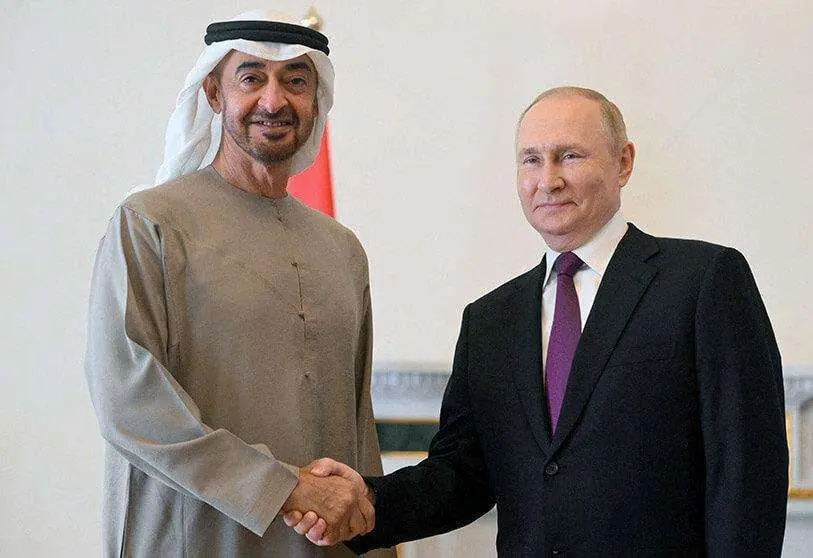9th Abu Dhabi Strategic Debate: the value of the UAE's ambiguous position

"The United Arab Emirates will not join any side". This is one of the main conclusions reached by experts such as Anwar Gargash, advisor to the cabinet of Mohammed bin Zayed, President of the United Arab Emirates.
The statement by the diplomatic analyst comes at a time when a deepening rift is being driven between the Western and Eastern blocs, since the outbreak of war in Ukraine and the shift of the US-China dispute to the Pacific.
For the United Arab Emirates, the issue has become more topical since it joined the OPEC+ roadmap, an organisation in which it participates closely with Saudi Arabia, and which decided not to increase oil production, and thus cause prices to fall, despite US demands. The war in Ukraine led to a serious increase in the price of hydrocarbons, but the organisation that controls most of the world's oil decided to maintain its estimates for production.
The United Arab Emirates justified its decision as purely economic, with no political intentions to favour Russia in the dispute. At the geopolitics forum in Abu Dhabi, this idea was reinforced. The UAE wants to be seen as a bridge between East and West. Maintaining an ambiguous position between the two poles of the world and prioritising its interests above all else.

The UAE hopes to receive the best of both worlds, and is clear that its relationship with one of the two poles should not deprive it of the pampering of the other. As for the United States, it is worth noting the American giant's significant involvement in the security of the small Gulf country. Although the UAE is known as Little Sparta, given its military capacity in relation to the size of its territory, US intervention in the region remains necessary for the security of the Arab country. Its main threats, Iran and Yemen's Houthi rebels, are still presented as a threat against which the UAE and its allies cannot stand alone.
Maintaining the ambiguous position is a difficult policy to maintain with balance. The UAE's ambitions to engage in advanced arms cooperation projects with the United States are complicated by China's giant strides in the Gulf from an investment standpoint.
Washington senators and military experts have already stated that the UAE would not be able to enjoy such participation in projects such as the F-35 because of the level of Chinese involvement in the country's infrastructure. Nor was it to the liking of all political sectors in Congress and the Deep State when the UAE recalled its position in favour of the One China policy when Speaker of the House of Representatives Nancy Pelosi visited the island of Formosa and met with the government in Taipei.
In public opinion in the Gulf state, a growing number of citizens believe that the country's foreign policy should give more priority to China and Russia in the future, and favour relations with them. For now, while the Emirati government's attempt at balance and opportunism remains latent, it remains to be seen how its position will evolve in the future in the face of the struggle for global supremacy between the United States of America and China.
Americas Coordinator: José Antonio Sierra.









